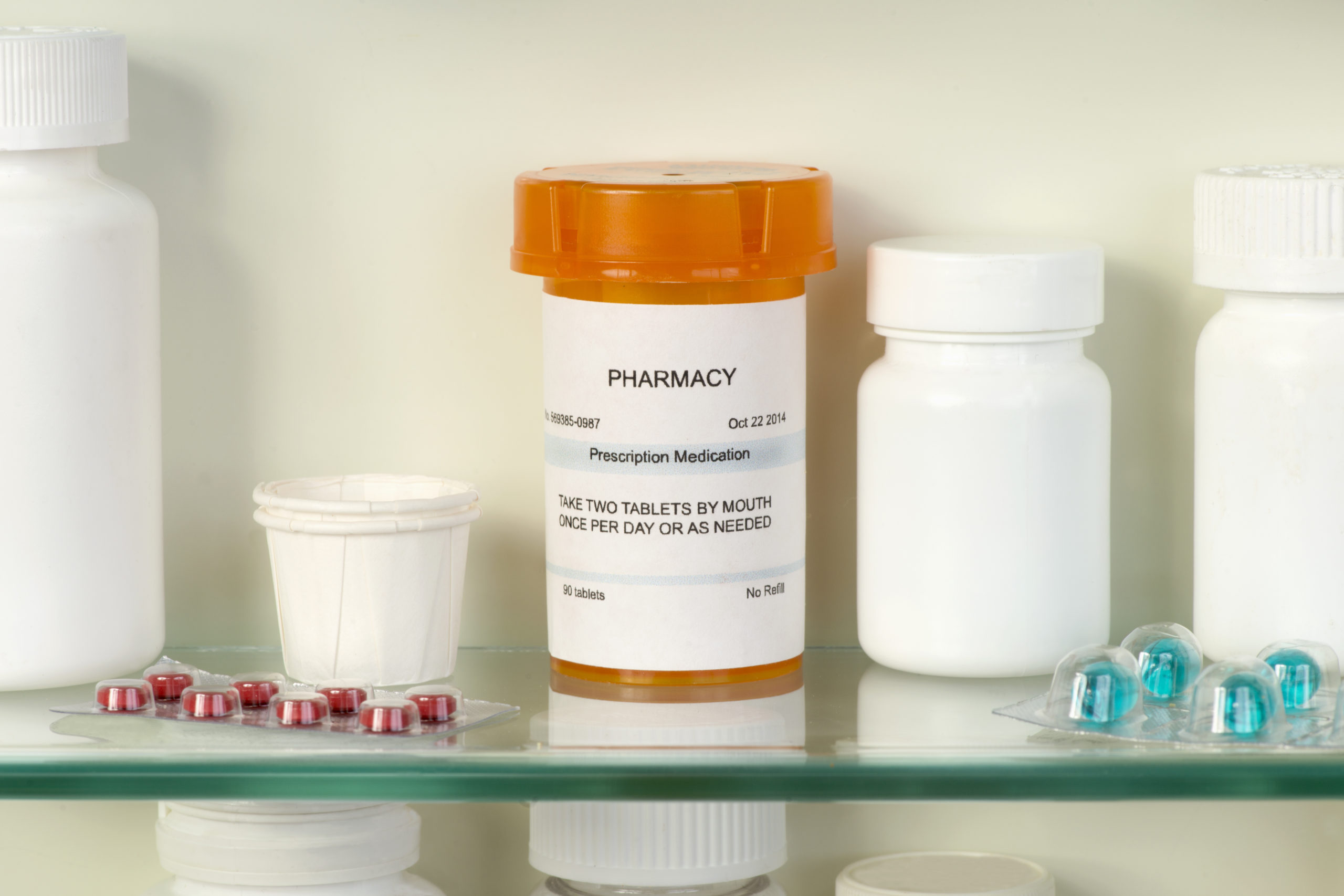At their core, prescription medications are meant to help and heal. But, as we’ve seen with the recent opioid crisis, there are often times when they can be abused and lead to full blown addictions. For children and teens, this can be a harsh reality too; as more reports surface of issues with ADHD meds.
These particular prescriptions are linked to Attention Deficit Hyperactivity Disorder, which many young people struggle with. But, as a new CNN report suggests, there may be overexposure at play; with hundreds of thousands of U.S. kids getting too much access to these drugs.
Worse yet, there are increases in the overdose statistics relating to ADHD meds. CNN reports that calls to U.S. poison centers involving these prescriptions have increased by more than 60 percent in the past 15 years.
Research has shown that some of these OD situations were accidental, but a good portion were intentional. Dr. Gary Smith, who helped gather the data, spoke out about his alarming findings.
“What we found is that, overall, from 2000 to 2014, there was a drastic increase in the number of individuals exposed and calls reported to poison control centers regarding these medications,” he explained. “We looked at approximately 156,000 poison center calls over the 15-year period, finding that about 82% of the calls were unintentional exposures while the remaining 18% were intentional.”
The most recent research showed a total of 11,486 ADHD drug overdose cases. Thankfully a majority were not fatal, but that doesn’t lessen the risk of overexposure to these particular meds.
CNN went on to report that ADHD is one of the most commonly diagnosed behavioral disorders among kids and adolescents. In fact, 14 percent of all U.S. children were deemed to have Attention Deficit Hyperactivity Disorder in 2014 (versus 6.8 percent in 2005).
And, as we mentioned before, as well intentioned as these prescriptions are, they are ultimately classified as stimulants. Taking too many ADHD drugs in one sitting is said to produce euphoric effects, similar to drugs like cocaine and speed.
“At the end of the day, these are stimulants, and they’re used by teens for various reasons,” Dr. Smith concluded. “Students, for example, might take it to get through a final exam. But like other stimulants, they might also take it because it gives them a high.”
The key, CNN reporter Mark Lieber explained, is to make sure these types of meds are stored safely away from vulnerable children. He also encouraged proper disposal techniques, to ensure that unnecessary prescriptions like these aren’t lying around the house.
“Unfortunately, just as with opioids, these medicines are far too accessible in bathrooms and bedrooms and kitchen cabinets all over the country,” he wrote. “There are increasing numbers of pharmacies and hospitals and health systems that are building take-back programs for individuals seeking to dispose of these medicines. So I think we’ll see more of these in the coming years.”







